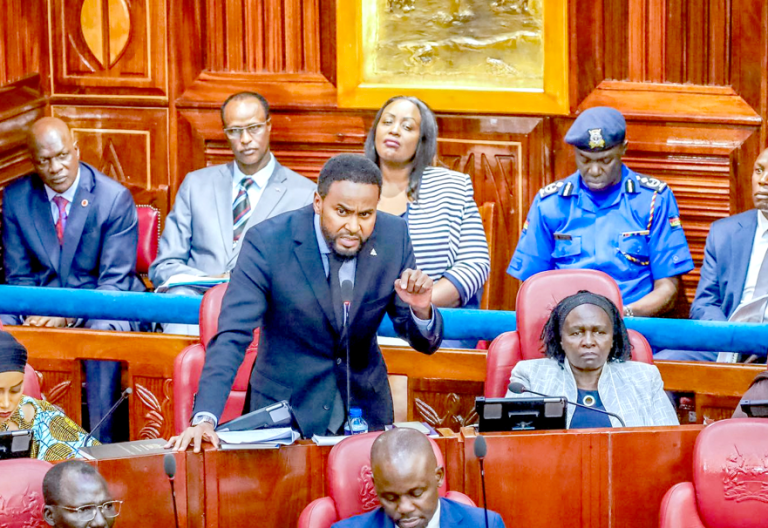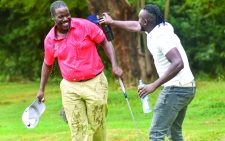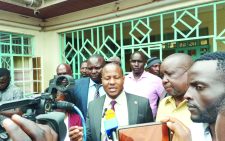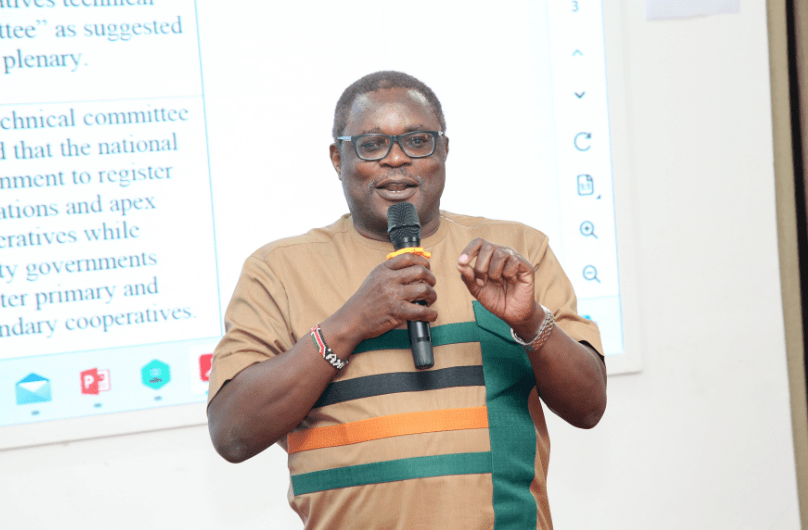Senator warns against linking protests to Arab Spring

Two senators have come under heavy criticism for likening the Gen-Z protests to the Arab Spring.
Garissa Senator Abdul Haji said it was wrong for Kakamega Senator Boni Khalwale and his Kitui counterpart Enock Wambua to refer to the Arab Spring in the House during debate on the killing of Albert Ojwang in police cells.
The senator who is regarded as a Westgate terror attack hero after helping save lives cautioned against invoking the uprising as a model for political change.
“I have tremendous respect for Senator Dr Boni Khalwale; he is a leader in this House. I have tremendous respect for Senator Wambua, but they both mentioned the Arab Spring. What happened after the Arab Spring? Have any of those countries benefited?” he asked, warning that such rhetoric could stoke division and instability.
The Arab Spring was a series of anti-government protests, uprisings and armed rebellions that spread across much of the Arab world in the early 2010s.
It began in Tunisia in response to corruption and economic stagnation before spreading to Libya, Egypt, Yemen, Syria and Bahrain.
Rulers were deposed (Zine El Abidine Ben Ali of Tunisia, Muammar Gaddafi of Libya and Hosni Mubarak of Egypt all in 2011, and Ali Abdullah Saleh of Yemen in 2012) and major uprisings and social violence occurred.
Sustained street demonstrations took place in Morocco, Iraq, Algeria, Lebanon, Jordan, Kuwait, Oman and Sudan. Minor protests took place on Djibouti, Mauritania, Palestine, Saudi Arabia and the Western Sahara.
However, most of the countries are now in turmoil with millions of citizens suffering unlike before the protests.
Speaking at the Senate, Haji described Ojwang’s death as “a sad incident that could happen to any Kenyan,” stressing that “any life, one life, is a life too many when we lose it.”
While paying tribute to Ojwang, the senator questioned why similar national attention, including Senate debate, were not accorded to other tragic losses of life across the country, particularly in marginalised regions.
He cited the deaths of 40 fishermen in Turkana and four additional individuals allegedly killed, which received little to no attention from Parliament, the media, or the wider public.
“Last week, the Senator of Turkana stood on the floor of this House with a statement inquiring about the death of 40 fishermen who were killed and left in the lake, and four other individuals who were detained and killed thereafter and not a single senator requested a special sitting for those 44 individuals,” he said.
Haji warned against politicising Ojwang’s death, calling on leaders to reflect on whether national grief is distributed equally or selectively.















